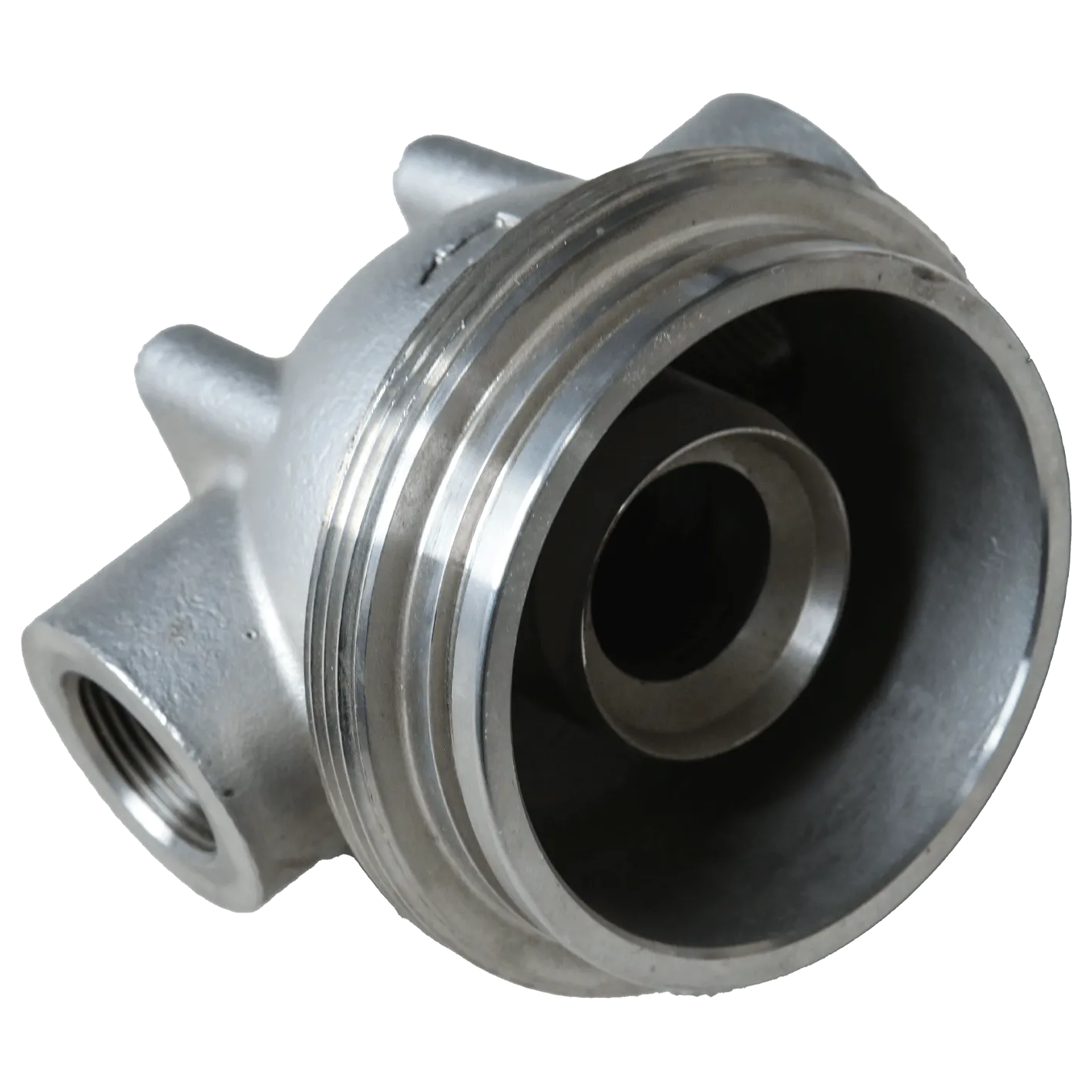Mobile:+86-311-808-126-83
Email:info@ydcastings.com
Benefits of Using 304 Stainless Steel Casting for Various Applications
Understanding 304 Stainless Steel Casting Properties, Applications, and Advantages
304 stainless steel is one of the most commonly used alloys in various industrial applications, known for its excellent corrosion resistance, durability, and formability. As a material often utilized in casting processes, 304 stainless steel offers unique benefits that make it a preferred choice for many industries. This article will explore the properties, applications, and advantages of 304 stainless steel casting.
Properties of 304 Stainless Steel
304 stainless steel is an austenitic steel that contains approximately 18% chromium and 8% nickel. This composition grants it outstanding corrosion resistance, particularly against oxidative and reducing environments. Its non-magnetic nature enables it to be seamlessly used in applications requiring magnetic neutrality.
In terms of mechanical properties, 304 stainless steel exhibits high tensile strength and excellent ductility. This means that it can withstand significant deformation without breaking, making it ideal for casting processes where complex shapes and designs are required. Additionally, it has a melting point of around 1400 to 1450 degrees Celsius, which allows it to be cast into intricate forms.
Applications of 304 Stainless Steel Casting
The versatility of 304 stainless steel casting allows it to be used in a myriad of applications. Common sectors utilizing this material include
1. Food and Beverage Industry 304 stainless steel is ideal for food processing equipment, storage tanks, and piping systems due to its inherent cleanliness and resistance to rust and contamination.
2. Chemical Processing The corrosion resistance of 304 stainless steel makes it an excellent choice for components exposed to harsh chemicals. It is commonly used in reactors, heat exchangers, and valves in chemical plants.
3. Construction and Architecture This alloy is often used in architectural components such as railings, cladding, and structural supports because of its aesthetic appeal and weather resistance. It maintains its appearance, resisting tarnishing under outdoor conditions.
304 stainless steel casting

5. Medical Equipment The sterility and non-reactive nature of 304 stainless steel make it suitable for medical instruments and devices, ensuring safety and compliance with health regulations.
Advantages of 304 Stainless Steel Casting
The decision to use 304 stainless steel casting in manufacturing processes comes with numerous advantages
- Corrosion Resistance Its ability to resist corrosion extends the lifespan of components, reducing the need for frequent replacements and maintenance.
- Fabrication Ease 304 stainless steel can be easily machined and welded, allowing manufacturers to create detailed designs without sacrificing the structural integrity of the finished product.
- Aesthetic Appeal The bright, polished finish of 304 stainless steel not only enhances the appearance of products but also makes them easier to clean, maintaining hygiene in critical applications.
- Cost-Effective While 304 stainless steel might have a higher upfront cost compared to some other materials, its durability and low maintenance requirements often result in long-term savings.
In conclusion, 304 stainless steel casting represents a reliable and versatile choice for a wide array of applications. Its impressive properties, coupled with its adaptability, make it indispensable across various industries. Whether it’s in food processing, construction, marine applications, or medical equipment, the advantages of using 304 stainless steel ensure that products not only perform effectively but are also built to last. As industries continue to evolve, the role of 304 stainless steel in casting processes is likely to grow further, cementing its place as a material of choice in modern manufacturing.
-
Valve Body Acts as the “Heart” of Flow ControlNewsMay.19,2025
-
Understanding the Importance of ImpellersNewsMay.19,2025
-
Importance of Automobile Water PumpsNewsMay.19,2025
-
How an Engine Oil Pan Works to Keep Your Car LubricatedNewsMay.19,2025
-
Common Materials Used in Pump Impeller ManufacturingNewsMay.19,2025
-
Ball Valve Casting in Modern Pipeline SystemsNewsMay.19,2025











